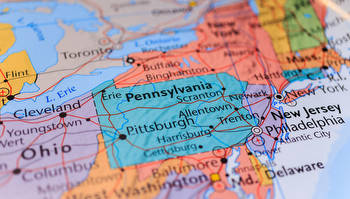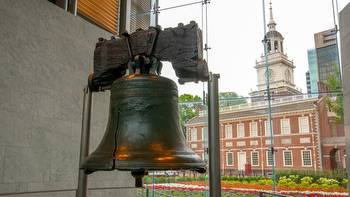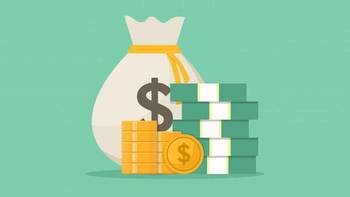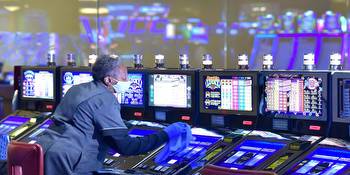Pennsylvania Gambling Revenues Up 18% YOY in January
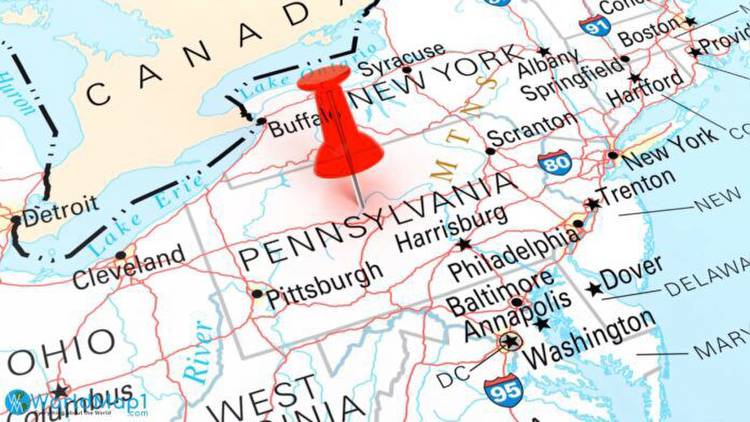
Revenues from gaming in Pennsylvania, the Keystone State, are soaring. That’s what reports from the Pennsylvania Gaming Board, the state’s regulator of all things gambling, are saying. After an in-depth analysis by the board of all total gambling within the state, it’s been found that revenues in the sector are up 18% year on year, marking new heights for the industry in the state. In January of 2023, the state hit a high in gaming revenues, for a total of $464.4 million. This bumper figure comes less than five years after sports betting was legalized in the state, leading to a booming new industry and investments in the sector.
A bumper January

In exciting news for those in the gambling industry, the new growth in the sector spells delight for the months and years to come. It has taken some time for the industry, which includes both in-person and online betting, to recover from the effects of Covid. While Covid buoyed online gambling it also was a death knell for in-person operations, which have been slow to pick up speed again. However, the largest winner of the pack, Hollywood Casino at Penn National, boosted their takings by 25% year on year, up to a total of $71.8m. Retail slots are the source of the most revenue for the stake, for a total of $202.2m for the month, which is up 20.1% year on year.
In Pennsylvania, gambling revenues come from slots, casino table games, sports betting, video gaming terminals, and fantasy sports. The range of choices on offer for gambling fans is among some of the best in the country. Online casinos generated $133.1m in revenues, for taxes of $55.5m, which will be a significant boost to the state.
Industry experts weigh in on the surprising boost in revenues
Getting input from industry-leading experts is always important, which is why we caught up with Senior Writer Candice Rushcliffe, at NoDepositWorld, a popular site for USA no-deposit bonuses, who explained why this update certainly carries a fair amount of significance:
‘With gross revenue from online casinos having shot up 23% to $133.1m, online gambling generated a whopping $55.5m in tax profits. Moreover, the global amount spent on sports betting was a massive $772.2m. No doubt figures we love to read about. Success stories like this give affiliates like us that morale boost and confirms how our industry is one which keeps going from strength to strength. Plus, the fact US expansion shows no signs of slowing down gives us even more hope for bigger plans in the future!’
And who knows, with figure updates as promising as these, further expansion to other unchartered US states may very well be on the horizon.
Another big win for the industry
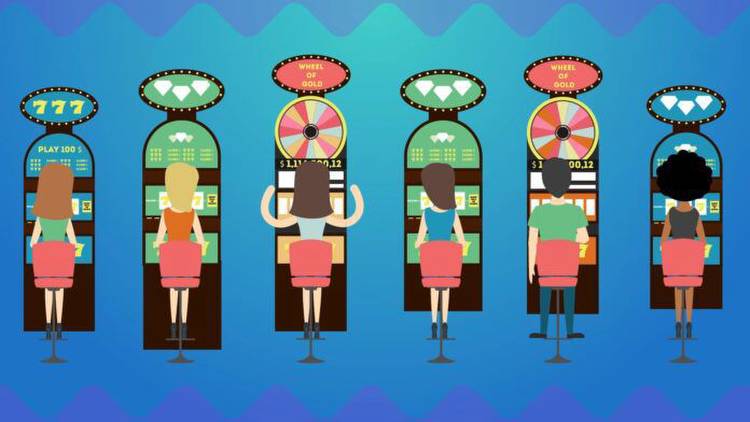
It’s another big win for the industry, after a bumper December month in 2022, with revenues totaling over $475m. It comes after the biggest-ever year in the state, recording a huge $5.2b in revenues across the board. This is an increase of over 10% year on year, including a total of $1.36m in online casino revenues, trailing $2.39b revenues in retail slots.
The Pennsylvania Gaming Control Board has also just received petitions from online casinos to conduct operations within the state, opening up the space to a more competitive market. The iGaming certificates issued will allow operators who may not have a physical presence within the state to serve its people. Up for grabs are 12 certificates for a Qualified Gaming Entity which run at a cool $4m a pop.
How it compares to the other states
As you could imagine, Nevada, home to Las Vegas, experiences the biggest revenues from gambling within the country, coming in for 2022 at $14.84b. However, you might be surprised to know that Pennsylvania comes in second place with its $5.3b, followed up by New Jersey at $5.2b, New York at $4.2b, and Michigan at $3.2b rounding out the top five. Across the country last year, this makes for a total of $60.4b, an increase of 13.9% over 2021.
The figures also show a return in foot traffic to land-based casinos, up to 34% of the American population in 2021 following Covid lulls in 2020 and 2021. Sports betting revenues have increased across the board, as would be expected following further regulation of the industry across the country.
Spending in other areas
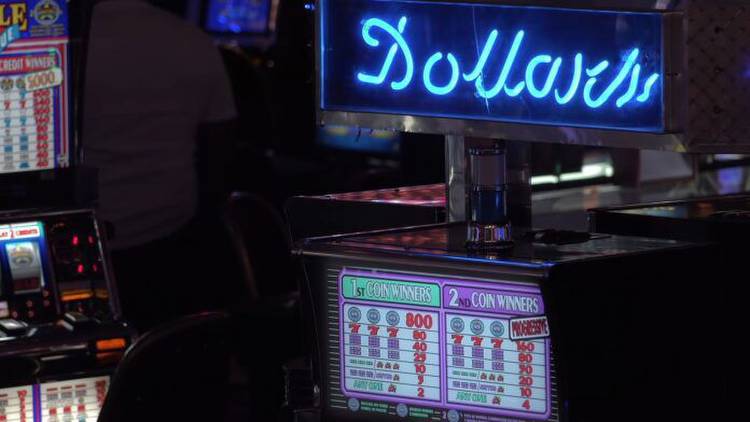
Consumer spending was up in January across the country, boosted to 1.8% over both November at -0.2%, and December at -0.1 %. Despite the looming threat of a recession, consumer spending hasn’t taken much of a dive. While people on the ground may be spending less on discretionary items than they did in 2020, there isn’t much of an impact on overall spending, at least yet.
Personal income and disposable personal income are also both up, to $131.1 billion and $387.4 billion respectively. This is good news in terms of keeping a thriving economy. Pennsylvania is the sixth biggest state by nominal gross domestic product, making up 3.67% of the country overall. While this trails California by quite a large number, it’s fairly similar comparably to Illinois, Ohio, and Florida, which are also flourishing in their own rights.
Just in time for Problem Gambling Awareness Month?
Hot on the heels of the announcement is Problem Gambling Awareness month, a national campaign dedicated to raising awareness of problem gambling plus the promotion of ways in which to promote, and most importantly, reduce it. Gaming operators and associates, plus state and federal bodies, will be using the month of March to help spotlight the ever-growing and alarming issue.
It is also noteworthy to highlight the fact that Responsible Gambling is a key focus for gambling operators, as it is a standard requirement to endorse this campaign.
Furthermore, any reputable and licensed operator should provide the necessary channels for players who may potentially need the support whether in the near or distant future. For state and federal agencies, reducing the risks and harm associated with problem gambling helps to reduce the suffering of people affected by it (whether directly or indirectly) within their jurisdictions.












